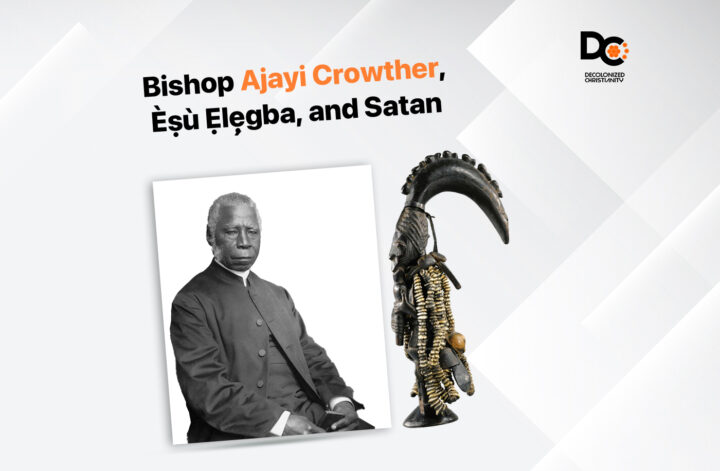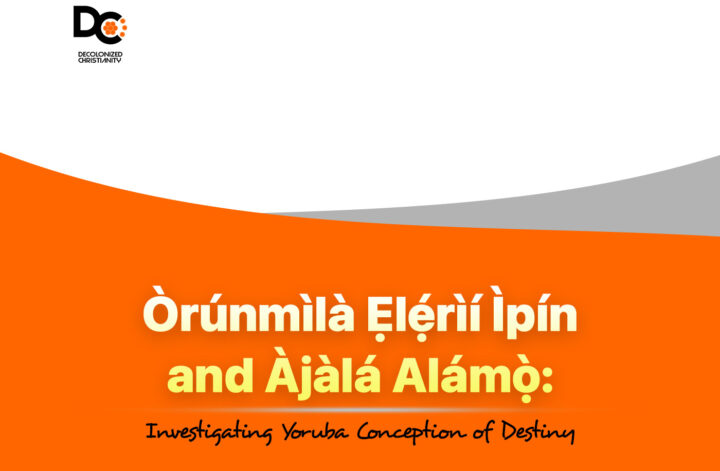Èṣù in Yoruba Metaphysics: A Brief Note
Traditionally, the Yoruba conceive of the world as an interconnected three-tiered cosmos: Ọ̀run (meaning, heaven), Aiyé (meaning, the earth), and Ilẹ̀ (meaning, underground; netherworld). Ọlọ́run (literally, “heaven’s owner”) inhabits Orun, the Yoruba pantheon’s realm, alongside over four hundred gods, many of whom walked the earth as humans with supernatural abilities. Ọlọ́run, also known as Ẹlẹ́dàá (literally, “the creator”), is the supreme being. Aiyé is the world of humans, and Ilẹ̀ is the world of departed souls, especially of ancestors. The dividing wall between Ọ̀run and Ilẹ̀, especially regarding deified souls, is quite ethereal.


